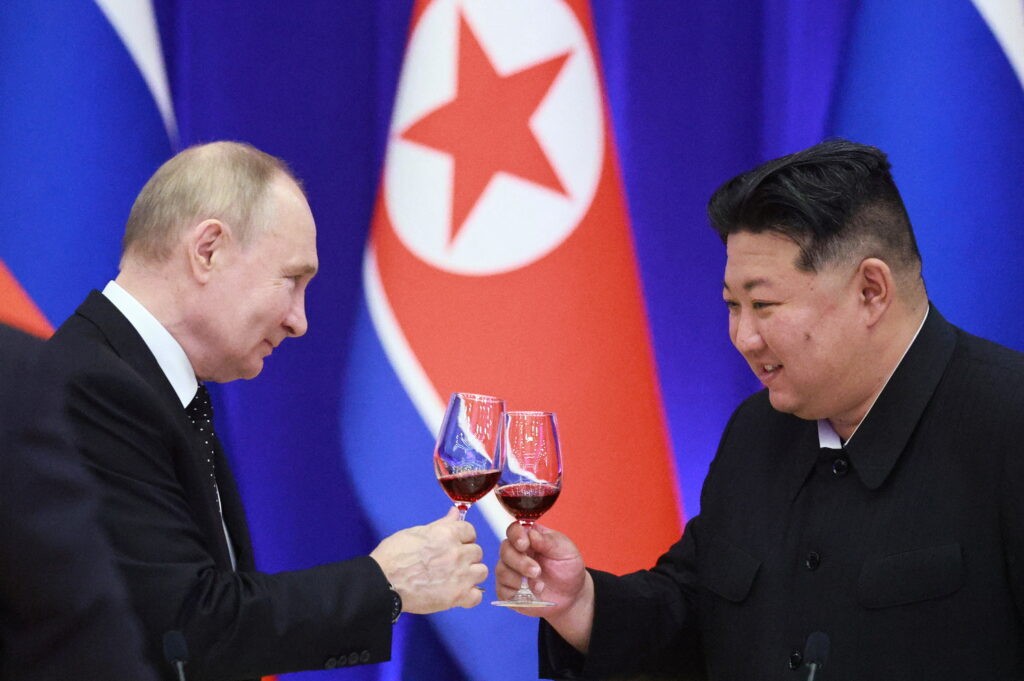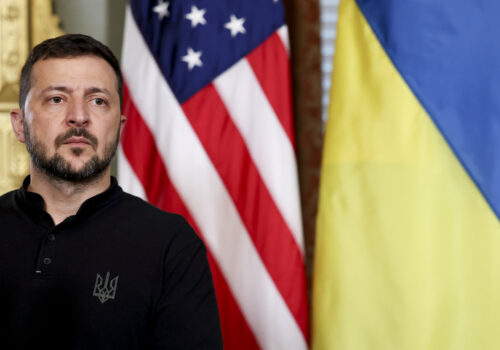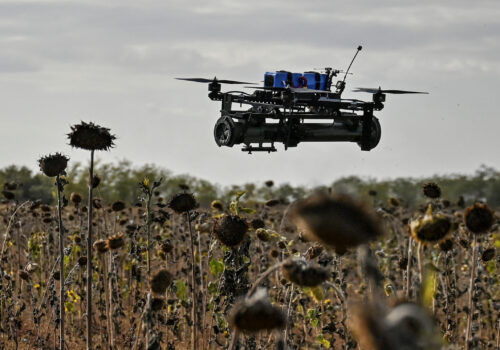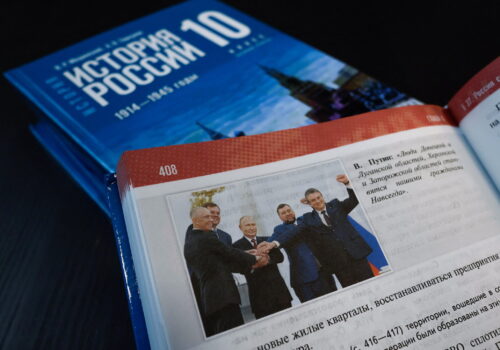
Axis of Autocrats: North Korea’s escalating role in Russia’s Ukraine War

Ukrainian President Volodymyr Zelenskyy has accused North Korea of preparing to send thousands of soldiers to join the Russian invasion of his country, and is calling for a “strong response” from the international community. “In fact, another state is joining the war against Ukraine,” Zelenskyy commented during his traditional daily video address on Sunday evening.
Ukraine’s allegations have been backed up by South Korea, leading to calls for the immediate withdrawal of North Korean troops from Russia. Officials in Seoul summoned the Russian ambassador on Monday to condemn intensifying military cooperation between Pyongyang and Moscow. Meanwhile, Britain’s Ambassador to the United Nations, Barbara Woodward, informed the UN Security Council that it was “highly likely” North Korea had agreed to send combat troops in support of Russia’s war against Ukraine.
If confirmed, North Korea’s decision to provide Russian President Vladimir Putin with soldiers would further deepen the Hermit Kingdom’s involvement in an invasion that is already the largest European war since World War II. The United States first accused North Korea of supplying Russia with artillery shells in September 2022. Putin and his North Korean counterpart, Kim Jong-un, have since gone on to hold a number of high-profile meetings. In June 2024, the two dictators signed a mutual defense pact, underlining the strengthening security cooperation between their nations.
As the invasion of Ukraine has progressed, Russia’s reliance on North Korea has reportedly grown. In October 2024, Britain’s The Times newspaper cited Western intelligence estimates indicating that North Korea was now supplying half of all the artillery shells used by the Russian army in Ukraine. North Korea is also believed to be providing ballistic missiles for Russia’s campaign of aerial bombardment against Ukrainian cities and civilian infrastructure. The use of North Korean-supplied missiles by the Russian military in Ukraine was first confirmed in December 2023, according to US National Security Council spokesman John Kirby.
Stay updated
As the world watches the Russian invasion of Ukraine unfold, UkraineAlert delivers the best Atlantic Council expert insight and analysis on Ukraine twice a week directly to your inbox.
The ballistic missiles reportedly being supplied by North Korea have a range of up to 690 kilometers and are extremely difficult to shoot down with Ukraine’s existing patchwork of air defense systems. This makes them a very significant addition to Putin’s arsenal. North Korea’s capacity to produce such weapons hinges on Pyongyang’s ability to bypass sanctions on key missile components produced in the West.
Research conducted by the Kyiv-based Independent Anti-Corruption Commission, which I chair, has recently identified a number of Western components in a North Korean missile that was shot down in central Ukraine’s Poltava region during early September 2024. Inspection of the missile confirmed the presence of microelectronics manufactured in the US, the UK, the Netherlands, and Switzerland. It was particularly striking to note that many of these components had been produced as recently as 2022 or 2023.
This is not a new problem, of course. Indeed, international audiences are no longer particularly shocked or even surprised by the latest revelations of Western components in Russian rockets and Iranian drones. Nevertheless, news that restricted Western technologies are making their way to one of the world’s most sanctioned and famously isolated countries should now strengthen calls for the introduction of far tighter export controls.
Eurasia Center events
More than two and a half years since the start of the invasion, Western tech is still playing an important part in Russia’s war effort. Moscow, Tehran, and Pyongyang are all heavily dependent on components produced by companies across Europe and North America, and have evidently found ways to keep illicit delivery channels open.
As policymakers in Western capitals search for an appropriate response to the anticipated appearance of North Korean soldiers in Europe, this technological dependency is one obvious vulnerability. If supplies of components could be dramatically reduced, Russia and its allies would soon find that they lacked the parts for the mass production of missiles and drones. This could significantly hamper the ongoing invasion of Ukraine.
In order to achieve this, Western governments should scrutinize their own sanctions policies, while looking to work more closely together to coordinate sanctions implementation. The export of militarily sensitive high-tech components should be subject to much stricter regulations and far tougher policing. For individual companies, this may involve accepting a greater degree of accountability for overseeing product movement and end delivery.
Far more attention must also be paid to the intermediary role being played by countries including China. There must be serious penalties for feeding the weapons component needs of sanctioned states such as Russia, Iran, and North Korea. Existing secondary sanctions measures are evidently not working and need to be significantly more comprehensive.
The arrival of North Korean troops in Ukraine would be an historically unprecedented event for all Europeans and a major wake-up call for the entire Western world. It is already abundantly clear that Putin and his authoritarian partners are working to establish an Axis of Autocrats. This alliance of tyrants is explicitly anti-Western in character and has global ambitions that extend far beyond the borders of Ukraine. Indeed, the entire Axis is bound together by a shared desire to destroy the existing world order.
Putin’s Axis of Autocrats may hate the West, but they remain heavily reliant on Western technologies. This is confirmed by physical evidence and intelligence findings from Ukraine. In other words, Russia has invaded a European country using weapons that would literally not exist without parts imported from companies across Europe and North America. If Western leaders want to undermine Putin’s war machine, one of the first steps should be to prevent Russia and its allies from acquiring the Western components they need to maintain their defense industries and supply their armies.
Olena Tregub is Executive Director of Ukraine’s Independent Anti-Corruption Commission (NAKO).
Further reading
The views expressed in UkraineAlert are solely those of the authors and do not necessarily reflect the views of the Atlantic Council, its staff, or its supporters.

The Eurasia Center’s mission is to enhance transatlantic cooperation in promoting stability, democratic values and prosperity in Eurasia, from Eastern Europe and Turkey in the West to the Caucasus, Russia and Central Asia in the East.
Follow us on social media
and support our work
Image: Russia’s President Vladimir Putin and North Korea’s leader Kim Jong Un attend a state reception in Pyongyang, North Korea June 19, 2024. (Sputnik/Vladimir Smirnov/Pool via REUTERS)





